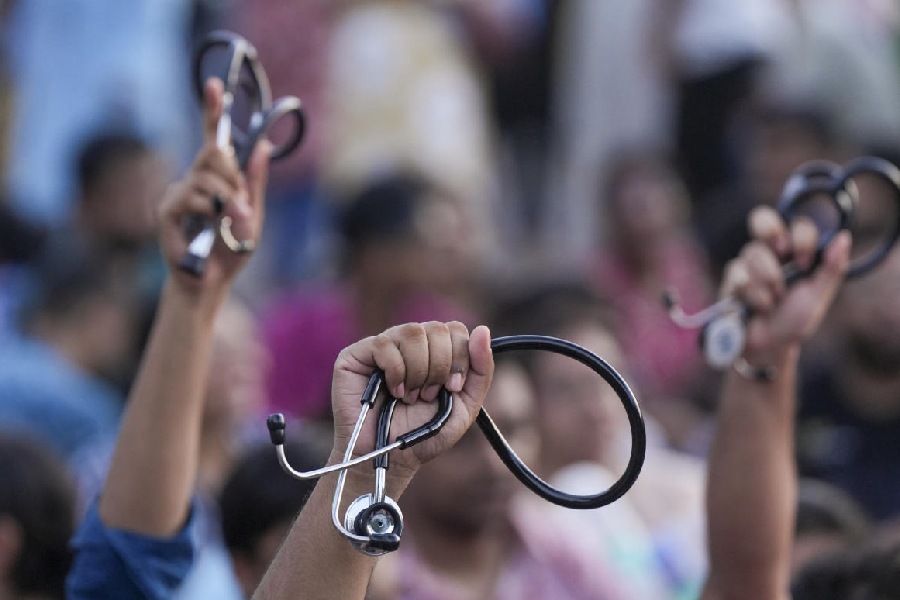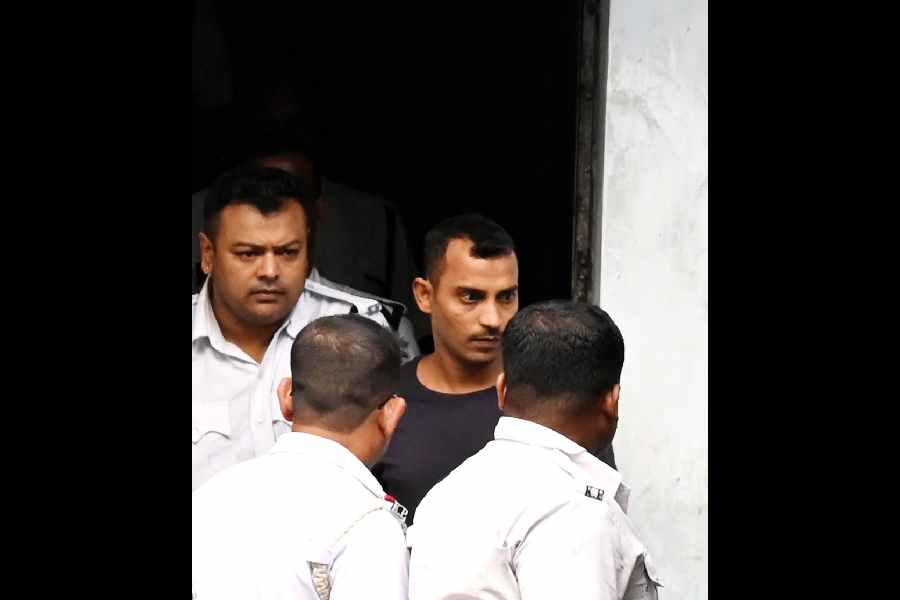The verdict was not entirely unexpected. The Sealdah Civil and Criminal Court found the civic police volunteer, Sanjay Roy, guilty of the murder and rape of the trainee doctor in the R.G. Kar Medical College and Hospital in August last year. The sentencing will take place on January 20. The verdict is truly welcome and helps keep faith in the justice system. It may have somewhat compensated for the time spent in investigation, which was frustrating to many who demanded justice for the doctor. The justice system must be seen to be unrelenting in rape-and-murder cases not only to reassure society but also as a deterrent to potential criminals. The judge said that he had criticised the hospital authorities and the police for their flaws in the handling of the grave crime. In many ways, these flaws were inexplicable: the information initially given to the family that the doctor had committed suicide, for example, or the delay in informing the police.
These and many other questions were raised by the massive crowds of protesters who took to the streets in Calcutta and elsewhere to demand justice for the doctor. The Delhi bus rape also saw protests but not on this scale. The protesters were suspicious of the government’s role in supposedly protecting persons whom they believed to have either participated in the crime or had tried to cover up the truth, of the police’s role and even of the nature of the probe carried out by the Central Bureau of Investigation. These questions were also raised by the protesting junior doctors, many of whom went on a prolonged hunger strike in the demands for justice and for the safety of doctors in medical institutions. Together this was an unprecedented popular movement — however fragmented it became later — that raised questions about the administration and the justice system. No judgment can be affected by popular pressure, however intense, but the verdict should satisfy the widespread cry for justice. Forensic evidence did not support the popular belief in multiple participants in the crime, and most of the other questions should be addressed by the hospital authorities and the police.
How far would a satisfactory verdict on a rape and murder that had a doctor inside a hospital as the target and an unprecedented popular protest movement help in preventing violence against women within and outside institutions? These come after the crime has been committed. What is needed is to prevent such crimes from taking place at all, which would mean a society that accepts women’s status as equal to men in rights. The Aparajita Women and Child bill passed by the West Bengal government after the attack on the doctor also focuses on stringent penalties and accelerated justice processes. As long as the systemic roots of violence against women remain unaddressed, no penalty, however stringent, and no protest, however strong and widespread, will make a difference to the central problem.











